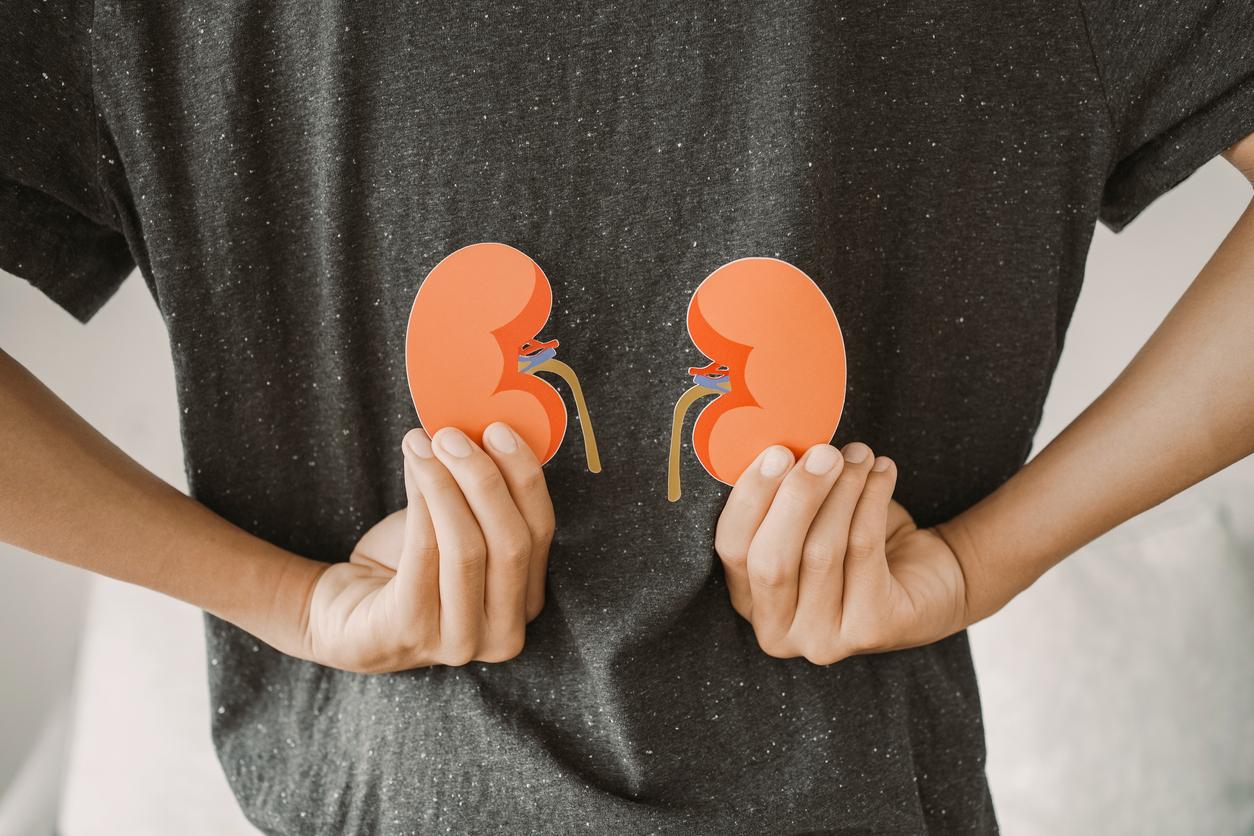According to one study, much of the scientific research on homeopathy is compromised by statistical bias, suggesting that the benefits of these capsules may be overstated.

- Homeopathy comes from the Greek homois, similar, and pathos, disease.
- Since 2021, these treatments are no longer reimbursed by health insurance in France.
- In Western countries, more than 9% of adults have used homeopathy in the last twelve months.
“Like heals like“: this is the principle behind homeopathy. It consists of administering very low doses of substances, which will generate the same symptoms as the disease. For many years, this alternative medicine has divided scientists and governments. A group of researchers has analyzed various studies on the subject. British Medical Journalthey explain that the effects of homeopathy are overestimated because of biases in research methods.
Scientific biases?
The authors of the study looked at notification bias, which refers to the fact that the dissemination of scientific research is influenced by its results. In short, the clinical trials published on the subject would represent only a sample of all the scientific studies carried out on homeopathy, and it would be only those whose results prove the effectiveness of these products. To carry out this work, the scientists used public clinical trial registers: these were created in 2008 to limit the risk of notification bias. “Recording and publication of clinical trial results is considered an ethical obligation, although not mandatory, for researchers“, say the authors.
A “lack of scientific and ethical standards”
They therefore set out to assess how many registered trials evaluating homeopathy are unpublished, whether the main results of registered trials reflect those actually published, and the total number of registered and published homeopathic trials. This group of researchers found that, since 2002, almost 38% of registered trials on homeopathy remain unpublished, while more than half, 53%, of published randomized controlled trials have not been registered. They also found that homeopathic trials were more likely to be registered after they started than before. In addition, a quarter of the published results were not the same as those originally recorded. “These poor research practices suggest that the true impact of homeopathy may be vastly overstated.“, believe the scientists. According to them, these results attest to a “worrying lack of scientific and ethical standards in the field of homeopathy and a high risk of reporting bias”. They wish to draw the attention of health professionals to the fact that the studies published on homeopathy represent a small sample of the total research carried out, and that they mainly highlight positive results concerning this type of treatment.
.

















